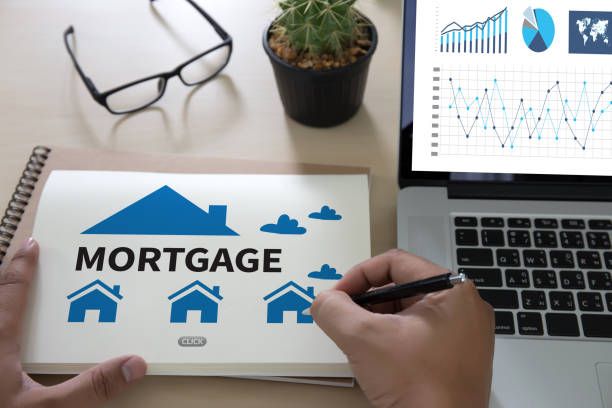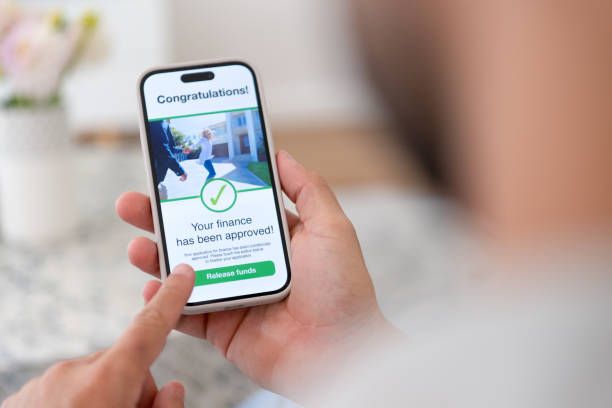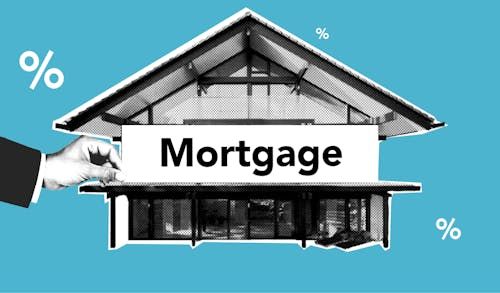Purchasing a home stands as one of the biggest financial commitments you will face. In this article, we’ll explore how to secure the best mortgage rate, so you can save money and make smarter financial decisions.
Understand Your Credit Score and Improve It
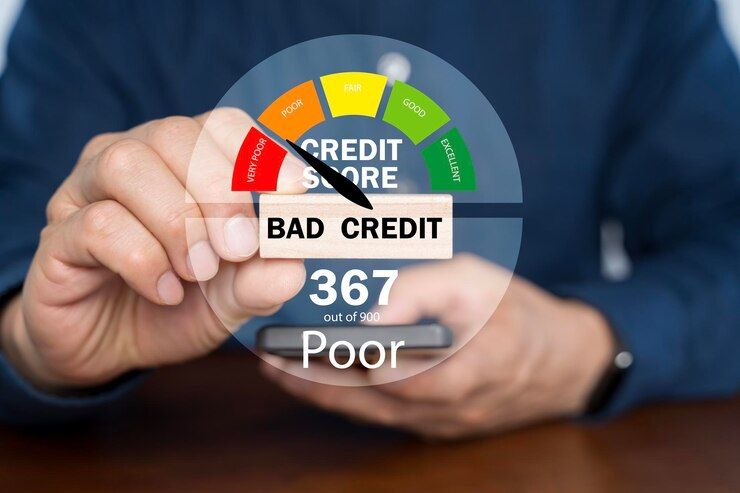
The first and most crucial step is to know your credit score and take steps to improve it. A higher score typically leads to better loan terms.
If your score is below 700, consider paying off debts, reducing your credit card balances, and avoiding new borrowing activity before applying for a mortgage. Even modest improvements in your score can lower the rate you're offered.
Save for a Larger Down Payment

Another way to get a better rate is by increasing your down payment. The more you can pay upfront, the less you need to borrow.
Most home loan providers require a minimum down payment of 10 to 20 percent. However, contributing more than the minimum improves your standing with lenders leading to more favorable mortgage conditions.
Compare Mortgage Offers from Different Lenders
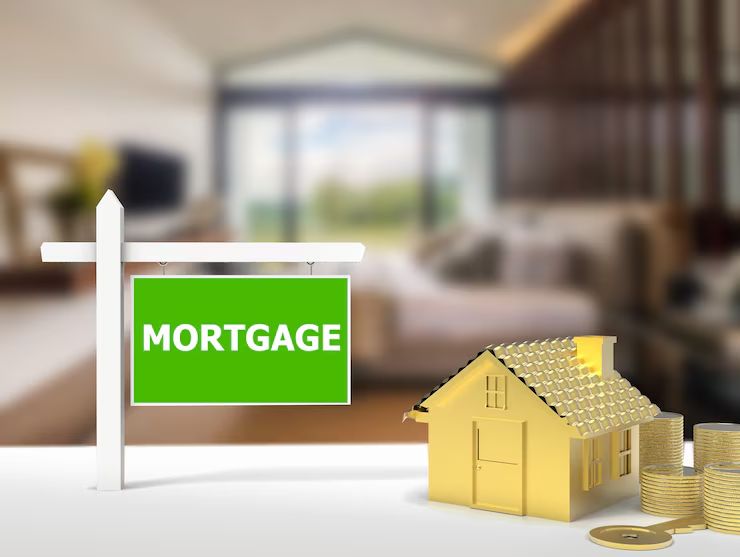
It’s equally important to compare offers from multiple lenders. Mortgage rates can vary significantly across banks, SACCOs, and licensed mortgage institutions.
By gathering at least three different offers, you can get a clearer sense of what’s fair and use those quotes to negotiate for better terms. Many borrowers settle too quickly, missing out on better deals available elsewhere.
Choose the Right Loan Type and Term

Choosing the right type of loan also plays a role. Fixed-rate mortgages offer consistency, making them ideal for budgeting over the long term.
On the other hand, variable-rate mortgages start with lower interest rates but can rise or fall depending on market fluctuations. Additionally, short term loans, such as those with a 10 or 15 year period, often come with lower interest rates than longer 20 to 25 year options.
Lock in Your Mortgage Rate at the Right Time
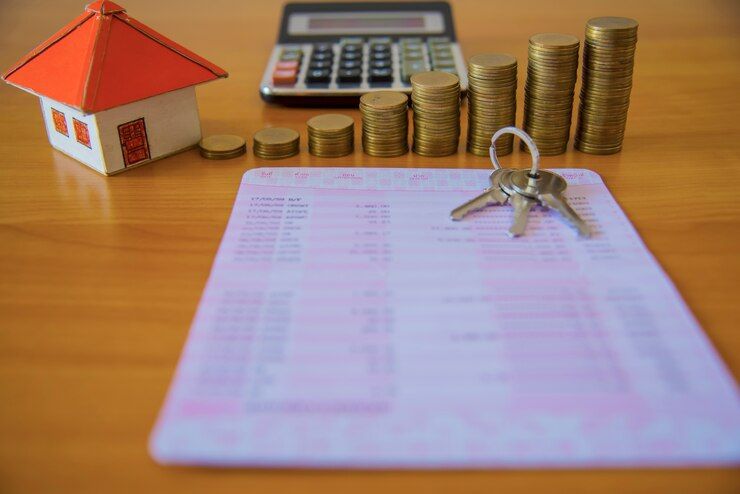
Finally, timing your application is vital. Mortgage rates shift due to factors such as inflation, currency value, and monetary policy changes. Once you find a favorable rate, ask your lender if they offer a rate lock.
This protects your rate from increasing before your deal closes. Some lenders include this option in their packages, while others may charge a small fee. Either way, locking in a good rate can offer peace of mind in a changing financial landscape.
